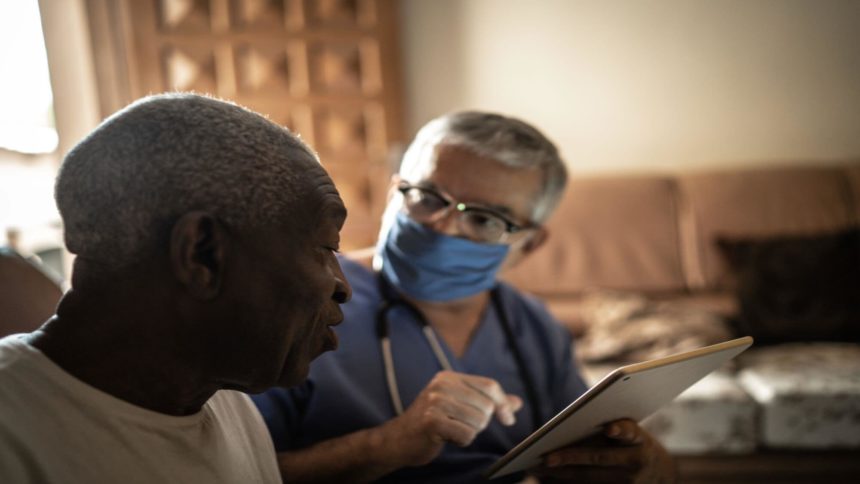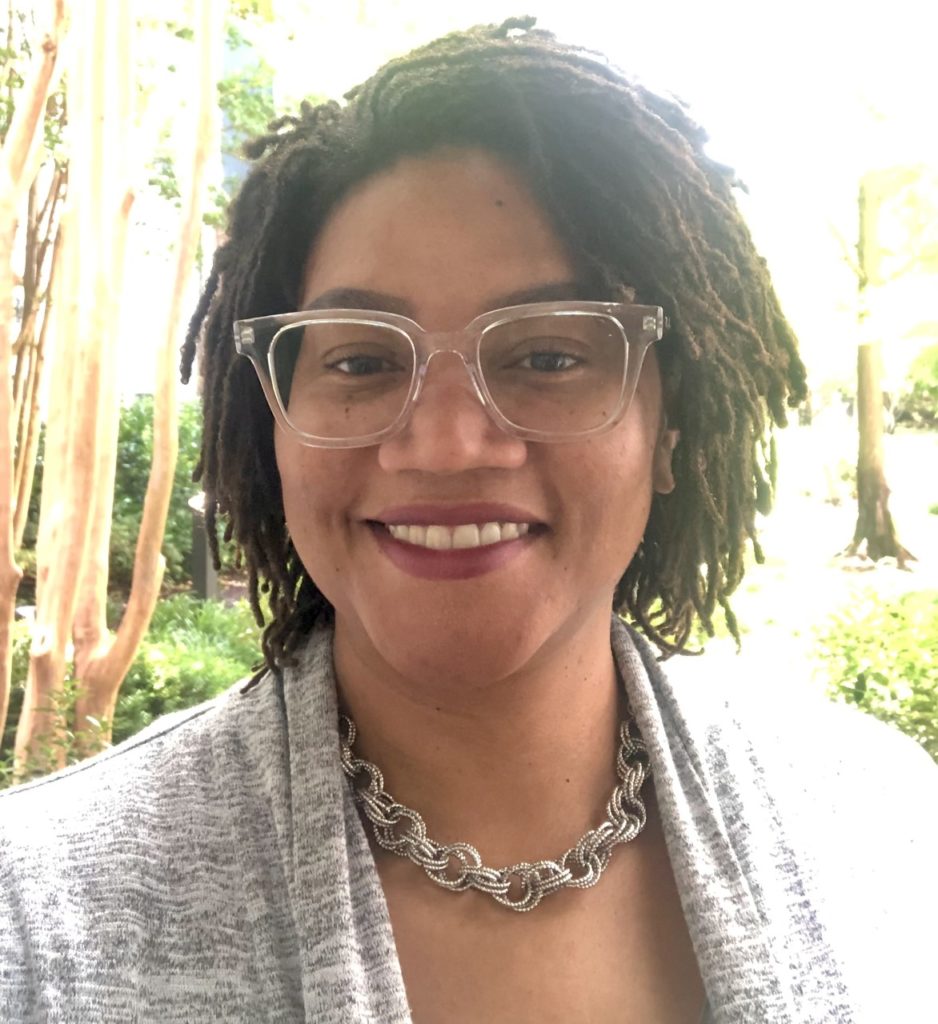
Racial disparities plaguing the healthcare community are spilling over into the hospice and palliative care segments.
The National Hospice and Palliative Care Organization (NHPCO) recently updated its “Black and African-American Outreach Guide” for the first time in 14 years. It did so after finding the number of Black Medicare beneficiaries receiving hospice has been static over the past few years.

“In the context of our own healthcare climate, African Americans haven’t seen the best treatment in general, and so that also plays a part in the trust of caring for me at the end of life,” guide co-author Arion Lillard-Green, hospice spiritual counselor at Alexandria, VA-based Goodwin House Inc., told McKnight’s Home Care Daily.
In 2018, 8.2% of the 1.49 million Medicare beneficiaries who received hospice care were Black, according to a study by NHPCO. The percentage remained static in 2020, even though the number of beneficiaries receiving hospice care increased to 1.55 million.
“It’s critically important that all of us in the provider community re-commit to doing better to ensure equitable access to all diverse communities in need of the high-quality and compassionate care that hospice provides,” NHPCO President and CEO Edo Banach said.
Strategies for increasing access
The updated guide offers hospice and palliative care agencies strategies for reaching out to Black communities. Partnering with faith-based organizations and getting involved in community events are two ways.
Lillard-Green said many churches and community groups offer health fairs and blood drives, which provide an opportunity for hospice agencies to connect with Blacks. Forming alliances with clergy or nurses could also help because they tend to be trusted in Black communities.
“If that relationship is meaningful, no matter where the patient is in the healthcare continuum, that is the experience that they take away and remember and look for when they get care from other providers,” Lillard-Green said.
Hiring staff that reflects the Black community is also important. Lillard-Green said Goodwin House, a nonprofit that offers a variety of senior services including hospice, recently became more active in recruiting Blacks.
“There’s just something about being able to connect with someone who looks like you,” Lillard-Green said.
Targeting other underserved communities
NHPCO is reaching out to other underserved communities as well. Later this year it will release similar guides addressing the needs of Chinese American, Latinx and LGBTQ communities.
Lillard-Green urges care providers to begin early conversations with critically ill patients about the options available to them.
“There needs to be an internal commitment that they are going to take a huge and difficult undertaking to make a difference,” Lillard-Green said.




